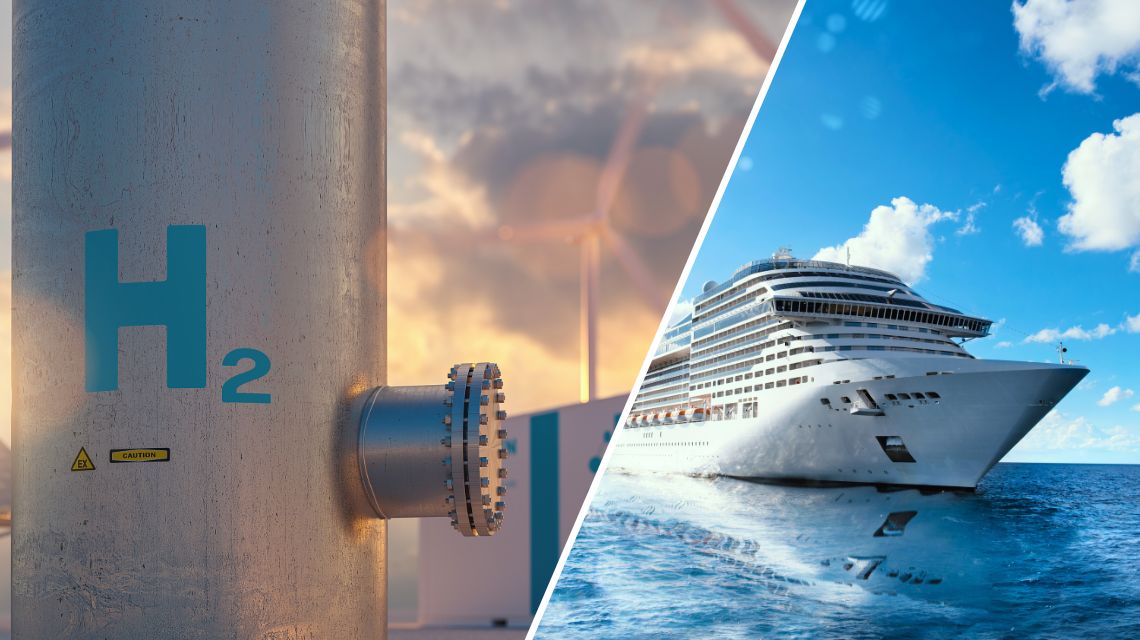Italian National Agency for New Technologies, Energy and Sustainable Economic Development

Energy: Project to use hydrogen as fuel in the maritime sector kicks off
Developing a regulatory framework for the use of hydrogen in the maritime sector is the objective of the e-SHyIPS[1] project, which has received European funding of over 400 thousand euro and in which Italy participates with ENEA, within the Atena consortium, together with Politecnico di Milano (coordinator) and Cineca for a total of 14 partners from 7 EU countries[2].
“The e-SHyIPS project is part of a European scenario which still sees a limited diffusion of hydrogen-powered boats and the absence of internationally recognized and shared regulations governing the adoption of hydrogen on board,” explained Viviana Cigolotti, head of the ENEA Division of Technologies and Vectors for Decarbonisation. “Given that the International Maritime Organization (IMO) guidelines on hydrogen fuel cells for naval propulsion are insufficient, e-SHyIPS intends to define a certification process that integrates research activities on standards with simulations and laboratory trials, in order to move from theory to application”, continued Cigolotti.
International experts will update the IGF Code (International Code of Safety for Ships using Gases or other Low-flashpoint Fuels) of hydrogen-powered passenger ships, i.e. the Safety Code for vessels that use gas or other low-flashpoint fuels . In parallel, the roadmap for promoting the hydrogen economy in the maritime sector will be defined.
In recent years, research has showed the potential benefits of hydrogen fuel cells for the maritime sector, while the IMO has recently revised its strategy aiming for a zero emissions scenario by 2050. “With greenhouse gas emissions that continue to grow, the decarbonisation of the maritime sector becomes a priority and hydrogen represents a promising energy alternative. Thanks to the e-SHyIPS project we will acquire knowledge to speed up the authorization processes for its use", said Cigolotti.
As part of the project, an international workshop on the decarbonisation of the maritime sector was recently held in Brussels with the specific objective of identifying the main barriers to the use of hydrogen as a naval fuel. On this occasion, shipowners highlighted the still high cost of hydrogen, while port authorities called attention to the critical issues linked to the transformation of ports into energy hubs. The importance of a public investment program that offers Europe the opportunity to take on a leadership role in the hydrogen sector in the maritime sector was also emphasized.
